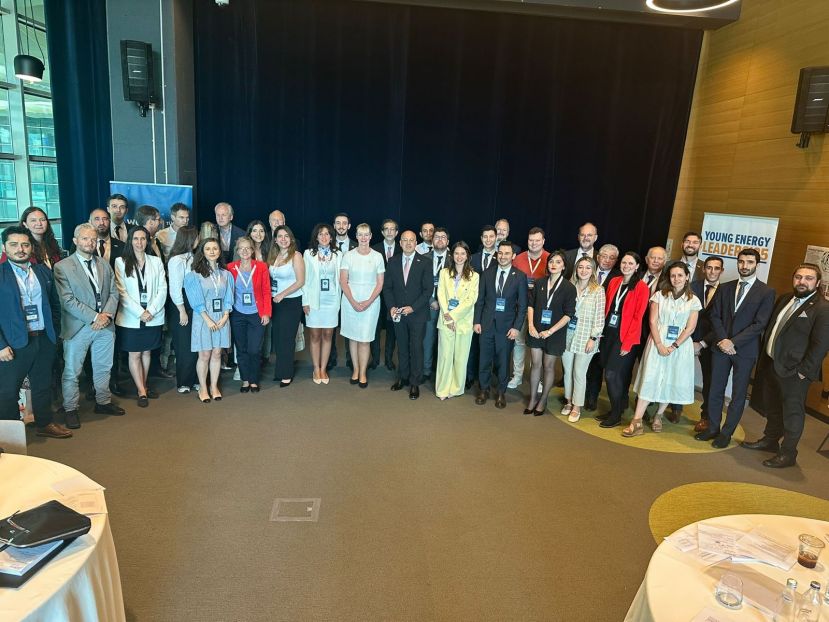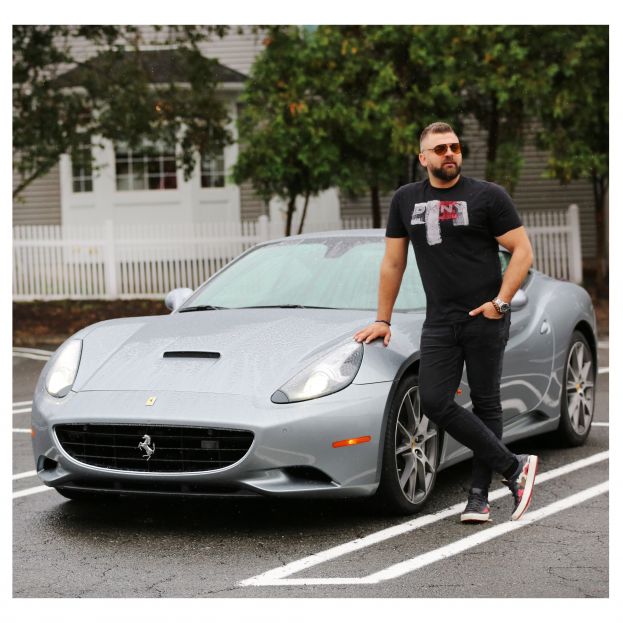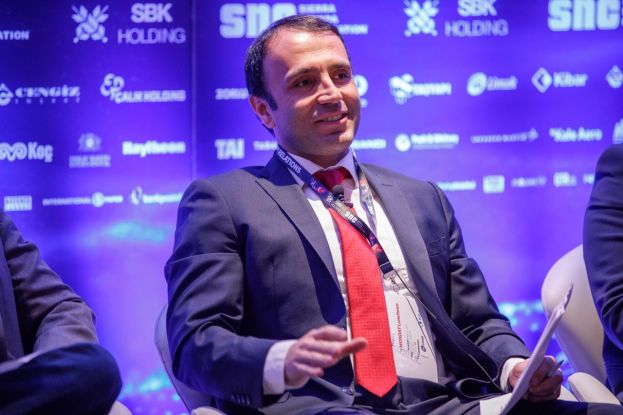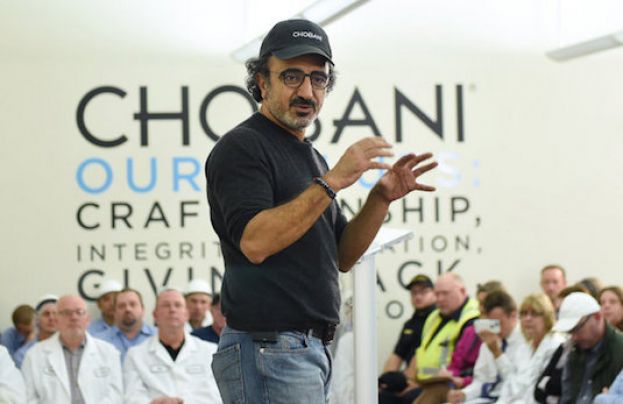Dünya Enerji Konseyi Avrupa Bölgesel Toplantısı İstanbul’da Gerçekleşti
Türkiye, küresel enerji diyaloğunun şekillendiği önemli bir buluşmaya ev sahipliği yaptı. Dünya Enerji Konseyi Avrupa Bölgesel Toplantısı, sadece bölgesel koordinasyonun güçlendiği bir platform değil, aynı zamanda enerjinin ulaşılabilir, istikrarlı ve sürdürülebilir bir gelecek inşasındaki merkezi rolünü yeniden hatırlatan bir dönüm noktası oldu.
İki gün boyunca Avrupa'nın dört bir yanından üst düzey liderlerin ve Dünya Enerji Konseyi’nin başlatmış olduğu Genç Enerji Liderlerinin ortak bir vizyonla bir araya gelerek; iş birliği, dayanıklılık ve yenilikçilik ekseninde dönüşen enerji dünyasının yeni sınırlarını birlikte tanımladı.
Bu stratejik buluşma, Dünya Enerji Konseyi’nin ülkeleri, endüstrileri ve toplumları daha entegre, kapsayıcı ve güvenli bir enerji geleceğine yönlendirmedeki hayati rolünü bir kez daha ortaya koydu. Avrupa’daki piyasa uyumundan altyapı dönüşümüne, güvenlik, eşitlik ve sürdürülebilirlik dengesini merkeze alan Enerji Üçlemesi'ne kadar uzanan tartışmalar, enerjide dönüşüm ihtiyacının altını çizdi.
Dünya Enerji Konseyi Genel Sekreteri Dr. Angela Wilkinson ve Dünya Enerji Konseyi Türk Milli Komitesi Yönetim Kurulu Üyeleri Sabancı Holding CEO’su Kıvanç Zaimler, SOCAR Türkiye CEO’su Elchin Ibadov ve Ardens Enerji Yönetim Kurulu Başkanı Mehmet Ertürk’ün katıldığı etkinlikte 2 günlük etkinlikte enerjinin geleceği bir çok yuvarlak masa toplantısı ve çevrimiçi toplantılarda tartışıldı.
Ayrıca, WEC Türkiye Genç Enerji Liderleri 2025 (YEL 25) ekibi, programın her detayına gösterdikleri titizlik ve profesyonellikle geleceğin enerji liderlerinin kararlılığını ve sorumluluk bilincini en güçlü şekilde yansıttılar.
- Published in Businessman
- Written by Admin TOA














